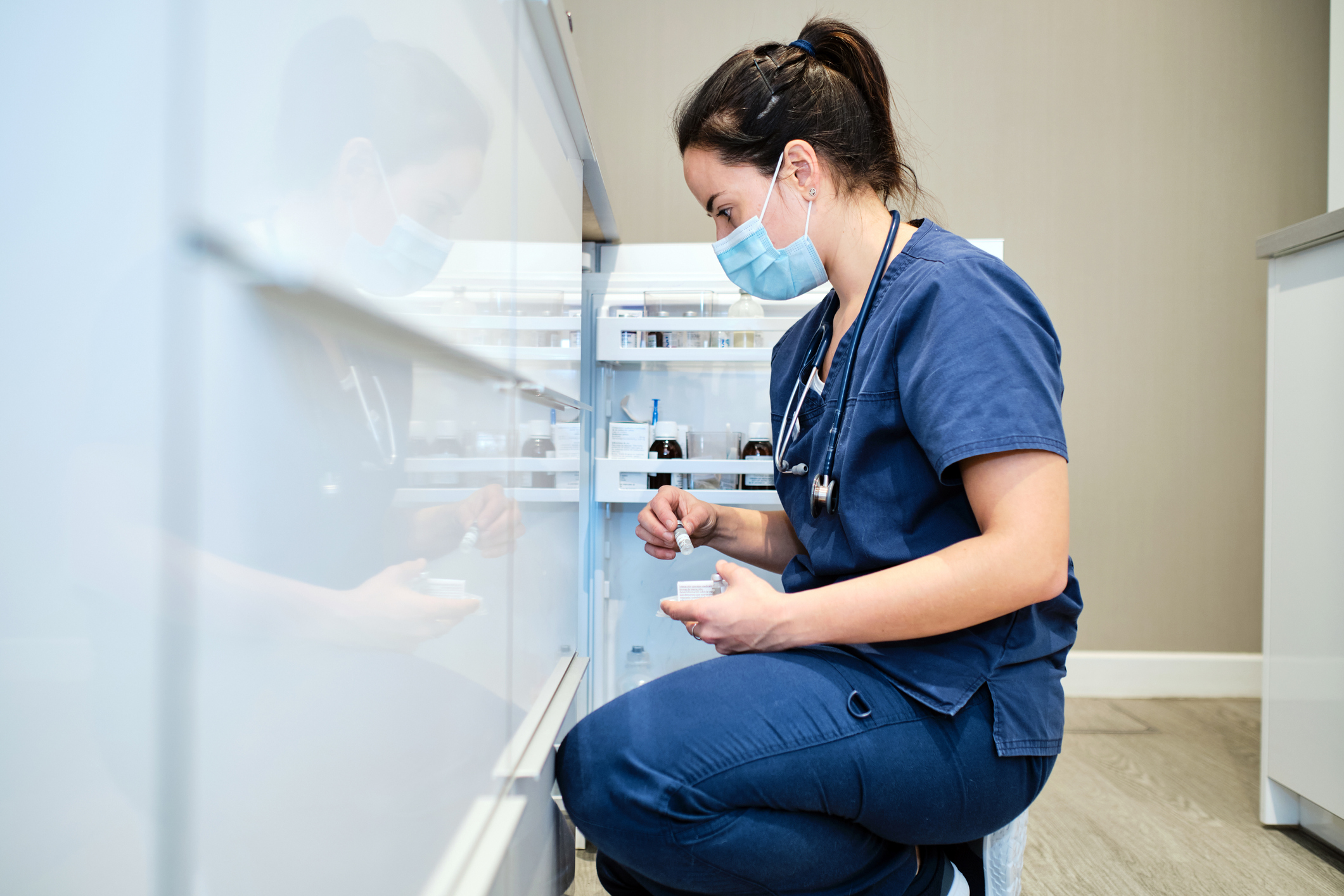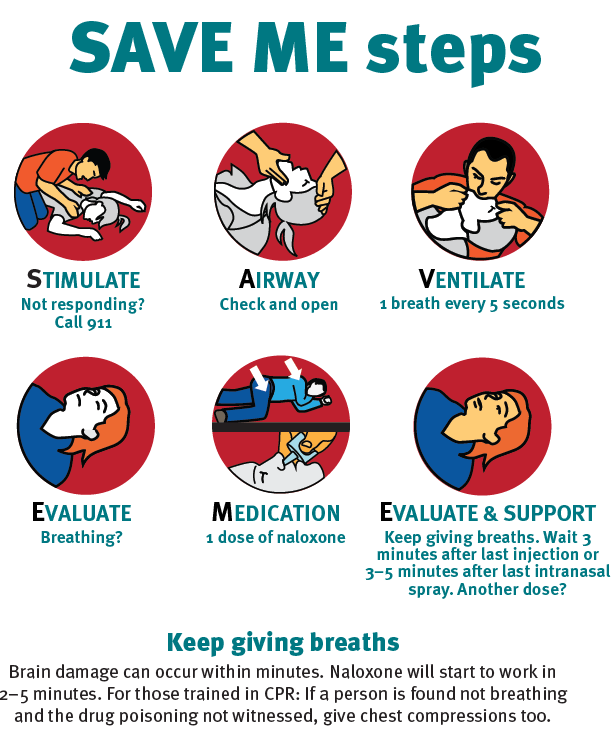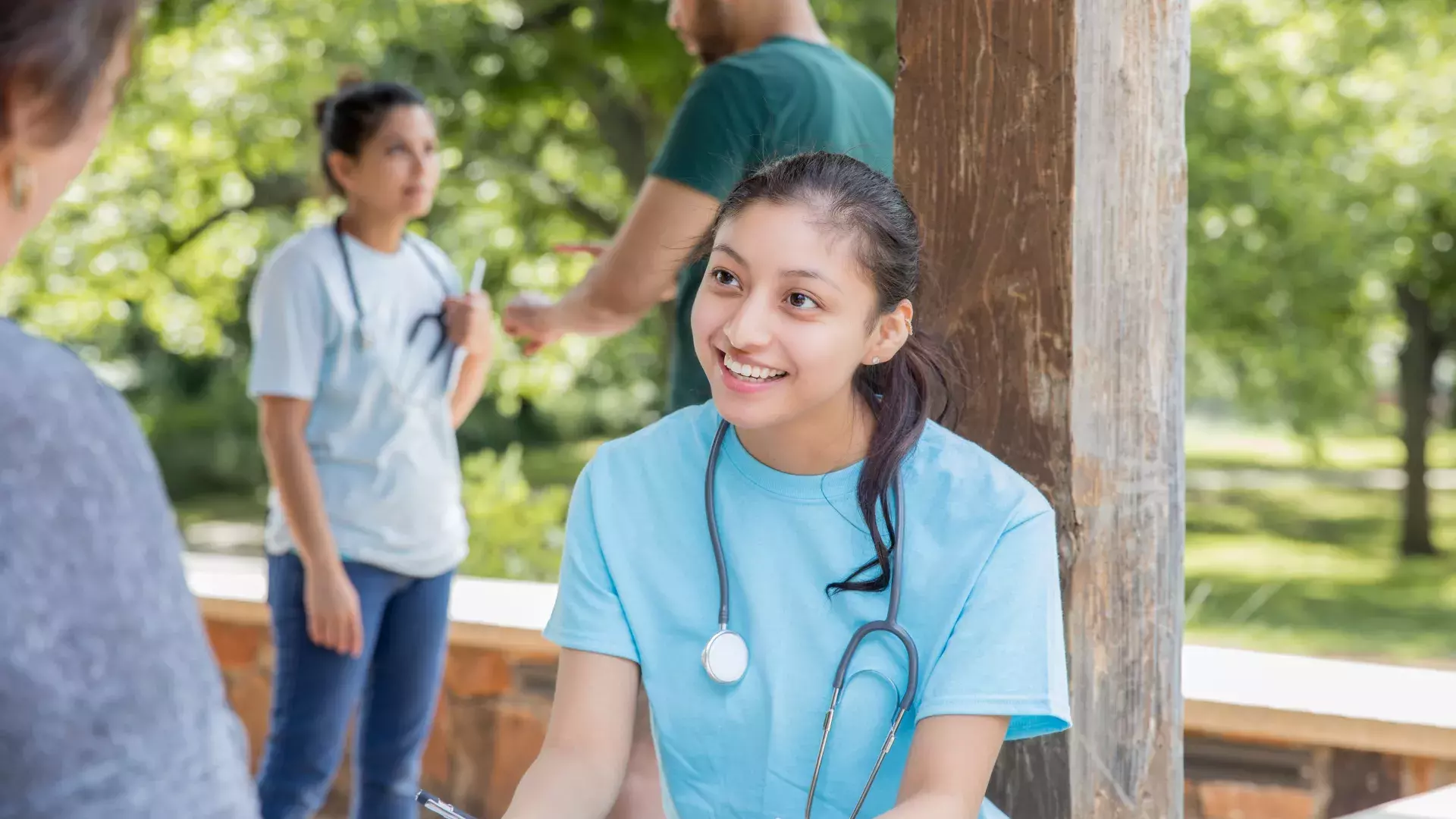Toxic Drugs Are Circulating
In 2016, the Province of British Columbia declared a public health emergency in response to a significant increase in drug-related overdoses and deaths. This toxic drug crisis, primarily driven by a highly potent and unregulated supply of illicit drugs, remains a complex and evolving issue.
Over the past eight years, more than 15,000 lives have been lost in B.C. due to toxic drugs. BC Coroners Service data indicates that First Nations people died of drug poisonings at 6.1 times the rate of other B.C. residents in 2023.
Substances, or drugs, can be defined as something that alters your mental, emotional or physical state. Legal substances, such as alcohol, cannabis, caffeine, prescriptions & nicotine are commonly used. Illegal substances are not regulated and carry higher risks as you may not know the exact contents.
It is important to think about the impacts that substance use can have on your health and wellbeing. There are increased risks associated with using substances. Please consider ways to stay safer if you or someone you know uses drugs or is considering trying drugs for the first time.
LEARN MORE


If you are looking for treatment for substance use
- If you are looking for treatment for substance use, contact the Opioid Treatment Access Line at 1-833-804-8111. They are open daily, 9 AM to 4 PM, with the last intake at 3:30 PM and voicemail available after hours.
- It is important for you to consider ways to stay safer if you—or someone you know—uses drugs or is considering trying drugs for the first time. No unregulated drug is safe. Prescription medications should also be treated with caution. Visit Help Starts Here for support with reducing or stopping substance use.
Naloxone Kits and Harm Reduction
- If you use or intend to use unregulated drugs, go slowly, pace yourself, and use around other people.
- Sign up for Toxic Drug Alerts in your region by texting the word JOIN to 253787.
- Download the Lifeguard Connect App (Apple App Store or Google Play Store). This app connects you with emergency responders if you or someone you know becomes unresponsive.
- Carry naloxone and sign-up for a free Naloxone training session.
- Consider having your drugs checked.
Naloxone and where you can find it on campus
Naloxone is available at all KPU locations in the event of an emergency:
- KPU Surrey – Maple building & Cedar building
- KPU Langley – East building & West building
- KPU Richmond – First floor Main Building
- KPU Tech – Main Building
- KPU Civic – Level 7 & Level 8
Always call 9-1-1 first in the event of an emergency. Naloxone should be given to an unresponsive person showing signs or symptoms of an overdose. For more information about naloxone, visit KPU First Aid. There are also Emergency Call Buttons across KPU campuses that serve as direct service lines to Security and First Aid.
Drug checking & testing
You can get your drugs tested at supervised consumption sites or overdose prevention sites for free. Visit drugcheckingbc.ca to find access to drug testing and testing strips.
Responding to an accidental opioid poisoning
If you think someone is experiencing an accidental opioid poisoning, call 9-1-1 right away. Stay with that individual until first responders or KPU first aid and security arrive.
Potential signs of an opioid poisoning
- Not moving and can’t be woken up
- Slow breathing or not breathing at all
- Choking, gurgling sounds or even snoring
- Blue lips and nails
- Cold or clammy skin
- Tiny pupils
Use the SAVE ME steps to provide aid while you are waiting for help to arrive:
- Stimulate: Not Responding? Call 9-1-1.
- Airway: Check and open.
- Ventilate: One breath every five seconds.
- Evaluate: Breathing?
- Medication: One dose of naloxone.
- Evaluate and support: Keep giving breaths. Wait three minutes after the last injection or three to five minutes after the last intranasal spray. Another dose?
Brain damage can occur within minutes. Naloxone will start to work in two to five minutes. For those train in CPR: if a person is found not breathing and the drug poisoning not witnessed, give chest compressions too.
If you do not know how to administer naloxone or do not have access to it, continue giving breaths until help arrives.

Resources and Workshops
- In an emergency, CALL 9-1-1
- KPU also has Emergency Call Buttons that are a direct link to Security and First Aid across campus.
- Opioid Treatment Access Line: 1-833-804-8111
- BC Alcohol & Drug Information and Referral Service: 1-800-663-1441
- HealthLinkBC or call 8-1-1
- Suicide Crisis Helpline or call 9-8-8
- KUU-US Crisis Line Society or call 1-800-599-8717
- First Nations Health Authority (harm reduction resources)
- Crisis Centre of BC or call 310-6789 (mental health and crisis response)
- TELUS Student Support App (free mental health support for KPU students)
- Here2Talk (free mental health support for BC university students)
- Toward the Heart (information about opioids, naloxone and harm reduction)
- Free Naloxone Training
- Help Starts Here BC (BC health, mental health and wellness services)
- Foundry BC (health and wellness services for young people ages 12-24)
- Respond to Overdose (information on overdose prevention and response)
- Building Better Mental Health and Addiction Care (information and resources on mental health and addictions)
You can learn more about toxic drugs through these Campus Well articles:
Decriminalization
The goal of decriminalizing people who use drugs is to reduce stigma and fear of criminal prosecution that prevents people from reaching out for help, including medical assistance.
Decriminalizing people who use drugs is one of the many actions the government of British Columbia is taking to respond to the toxic drug crisis, so people get the care they need – from prevention and harm reduction to treatment and recovery.
Health Canada granted the province of B.C. a three-year exemption under the Controlled Drugs and Substances Act to decriminalize people who use drugs, which came into effect January 31, 2023.
Under the exemption, possessing small amounts of certain illicit drugs for personal use in specific locations is allowed.
In these locations, adults 18 and older will not be arrested, charged or have drugs seized for possessing small amounts of certain illicit drugs for personal use. Instead, people will be offered health information and referred to treatment and supports if requested.
Locations:
- Private residences
- Places unhoused individuals are legally sheltering (indoor and outdoor locations)
- Overdose prevention, drug checking and supervised consumption sites
- Places that provide out-patient addiction services like rapid access addiction clinics
Illicit drugs covered under the exemption (up to 2.5 grams combined):
- Opioids (such as heroin, morphine and fentanyl)
- Crack and powder cocaine
- Methamphetamine (meth)
- MDMA (ecstasy)

What remains illegal
- Adults 18 and older cannot possess:
- More than 2.5 grams combined of the drugs covered under the exemption
- Any amount of other illegal drugs not covered under the exemption
- Any amount of drugs in public places like hospitals, businesses, transit and parks
- Youth under 18 cannot possess any amount of drugs
- Illicit drugs are not legal. They cannot be trafficked or sold in stores
- Drug production, import and export remain illegal, unless authorized under the CDSA
For more information on decriminalization go to: https://www2.gov.bc.ca/gov/content/overdose/decriminalization
The Good Samaritan Act
Saving a life is the number one priority during an opioid poisoning.
The Good Samaritan law protects you from simple drug possession charges and violations of conditions related to parole, probation, conditional sentences or pre-trial release.
This law applies to the person who has overdosed, the person who seeks help and anyone at the scene when help arrives. Visit Health Canada for more information about the Good Samaritan Drug Overdose Act.
